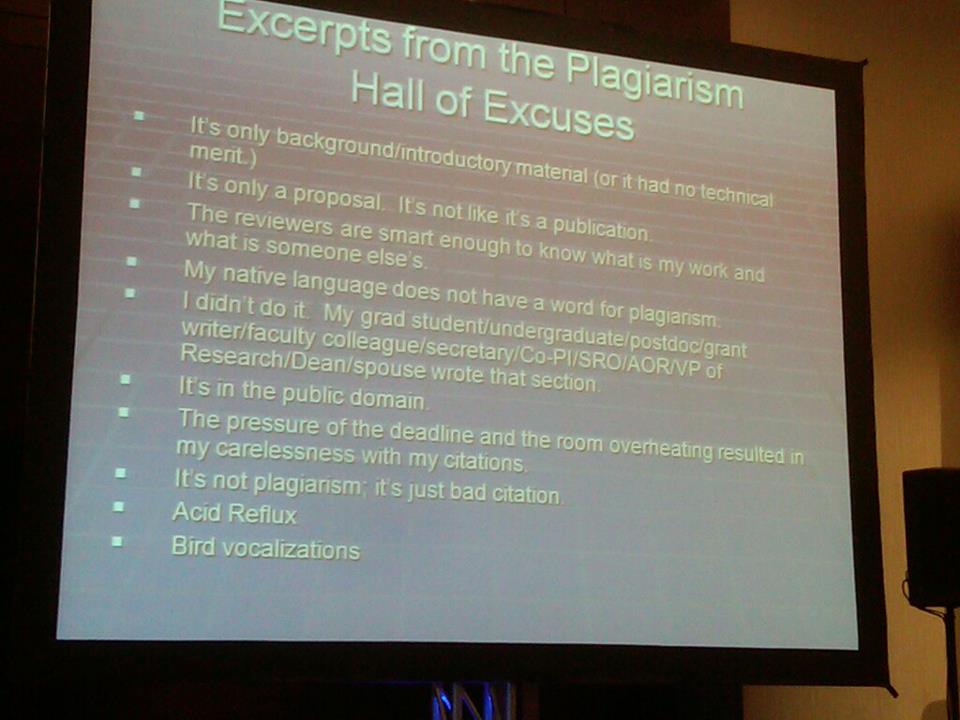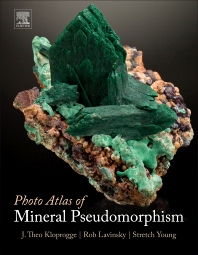A Springer Nature journal has decided not to retract a paper it had been investigating for plagiarism since receiving allegations in January 2021. The decision came 1.5 years since the editor-in-chief apparently agreed the paper should be retracted, and just a few days after we reported on the case.
Systems engineer Paola Di Maio notified Springer Nature in January 2021 that the article, “Robotic Standard Development Life Cycle in Action,” published in the Journal of Intelligent & Robotic Systems, described a methodology she had developed without crediting her work. As we wrote in our post on Friday, Aug. 5th:
Continue reading On second thought: journal reverses course on paper it agreed to retract last year








